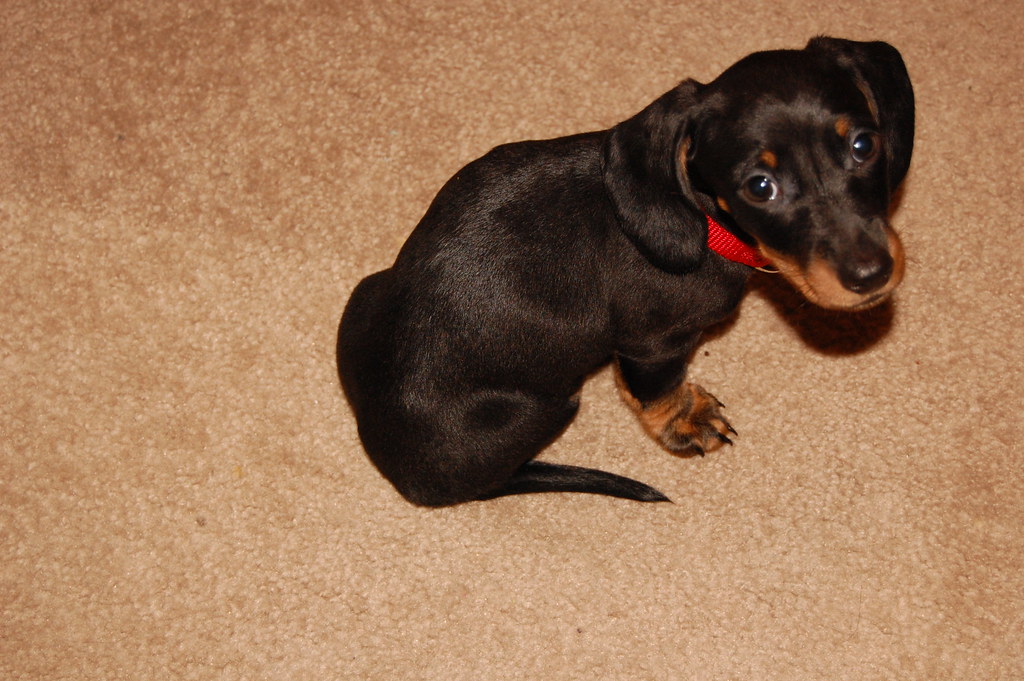Puppy Ate Too Much Now Bloated
Puppies are mischievous and curious creatures, often getting themselves into all sorts of trouble. One such problem is when they eat too much, leading to a condition called bloat. Bloat is a serious medical condition in which the stomach becomes severely swollen and can potentially be life-threatening. It can be caused by a variety of issues, including eating too much or too quickly, or eating an inappropriate diet. Understanding the symptoms of bloat and knowing what to do when your puppy has eaten too much can help you keep your pet safe and healthy.
What is Bloat in Puppies?
Bloat is a medical condition in which the stomach becomes severely swollen due to gas, fluid, or food. It is also known as gastric dilatation volvulus (GDV) or twisted stomach. This condition can be extremely painful and can even be life-threatening if not treated quickly. Bloat can occur at any age but is most common in larger breeds of dogs, such as the Great Dane, St. Bernard, and German Shepherd. It is also more common in dogs that are fed only one large meal a day, or those that eat rapidly.
Signs and Symptoms of Puppy Bloat
If your puppy has eaten too much and is experiencing bloat, there are some signs and symptoms to look out for. These include restlessness, drooling, retching, unproductive vomiting, abdominal swelling, and an inability to pass gas. Your puppy may also be panting, have a rapid heartbeat, and be weak or lethargic. If your puppy is displaying any of these symptoms, it is important to seek veterinary attention immediately.
Causes of Bloat in Puppies
There are several causes of bloat in puppies, but the most common are eating too much or too quickly, eating an inappropriate diet, or eating a large meal followed by strenuous exercise. Other causes include stress, anxiety, genetic predisposition, and certain medications. Puppies can also be more prone to bloat if they have a history of it in their family, so it's important to be aware of this and take steps to prevent it.
How to Prevent Puppy Bloat
The best way to prevent bloat in puppies is to feed them a healthy and balanced diet and to make sure that they are eating slowly and not overeating. It is also important to ensure that your puppy is getting plenty of exercise and to avoid giving them large meals followed by strenuous activity. If your puppy has a history of bloat in their family, it is important to speak to your veterinarian about preventative measures to ensure their safety.
Treating Puppy Bloat
If your puppy has already bloated, it is important to seek veterinary attention immediately. Treatment for bloat will depend on the severity of the condition, but may include fluid therapy, medications, surgery, and monitoring. If the bloat is severe or life-threatening, surgery may be necessary to reduce the size of the stomach and reduce the risk of complications.
Conclusion:
Bloat is a serious medical condition that can be life-threatening if left untreated. It is important to be aware of the signs and symptoms of bloat and to take preventive measures to ensure your puppy's safety. If your puppy does experience bloat, it is essential to seek veterinary attention immediately for the best possible outcome.
It looks like this Pug ate too much and is now paying the price
15 Dogs Who Know What It's Like To Be In A Food Coma | PlayBuzz
bloated puppy | Haha.. cute little baby inhaled too much air… | Flickr
